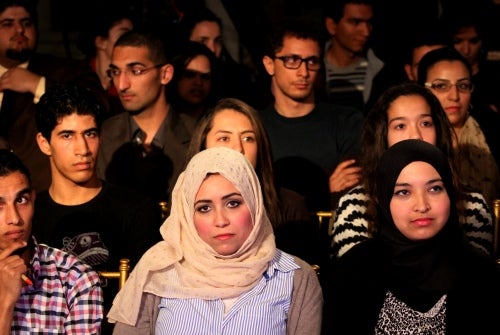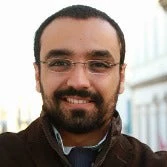 Like a poppy resisting the wind, Tunisia is resisting all efforts to drag the country down. The ability of this tiny country in the Middle East and North Africa region to face up to challenges has been well known since ancient times. The secret to this resilience lies in both the nature of Tunisia’s men and women and their commitment to effecting the kind of change that continues to seize the attention of the world.
Like a poppy resisting the wind, Tunisia is resisting all efforts to drag the country down. The ability of this tiny country in the Middle East and North Africa region to face up to challenges has been well known since ancient times. The secret to this resilience lies in both the nature of Tunisia’s men and women and their commitment to effecting the kind of change that continues to seize the attention of the world.
Over the past five years, Tunisia have not stopped living up to its image. The icing on the cake was the awarding last month of the prestigious Nobel Peace Prize to the National Dialogue Quartet. Tunisia is once again making history with the transformation of revolutionary Tunisians into peacemakers.
This award underscored the importance of dialogue and consensus in the cradle of the Jasmine revolution. Peace, dialogue, and consensus are now part of Tunisia’s ‘brand’, and the country now needs to seize the opportunity it has to capitalize on this image as it embarks on the path to building a new social contract.
While the National Dialogue Quartet is a good starting point for establishing this new contract, shouldn’t this process also include all who have not yet had their voices heard? The young Tunisian men and women who successfully brought an end to more than two decades of despotism on January 14, 2011 still lack representation.
Providing a space for young people to participate in decision-making would be one way of acknowledging the youth population that is still struggling to reap the benefits of an unfinished revolution. Faced with a lack of opportunity and inclusion, young people have resorted to plunging into the unknown on the Mediterranean Sea - in search of not only a better life but also of recognition of their potential.
Tunisian youth are merely asking for an opportunity to help build their country’s future. Giving them a seat at the table should simply be seen by decision makers as drawing on an additional asset. It is unquestionably clear that these leaders of tomorrow also have something to say today. Yet it is only within the framework of a new social contract that their added value could be fully realized, which will hopefully happen in the near future.
Wala Kasmi, president of the “Youth Decides” association, believes that the solution to effective inclusion of Tunisian youth in decision-making must first and foremost be legal in nature. For example, the effective participation of young people in the next municipal elections slated for 2016 should be guaranteed. Wala believes that it is necessary “to establish a quota for the under-35 population in the electoral code and actively lobby the political parties to include young people in local, regional, and national decision-making.”
Listening and making room for, those who dream of a better Tunisia will help move the country along the path to excellence. The next municipal elections will provide an opportunity that young people can ill-afford to miss. The question is this: will the youth be up to the challenge?


Join the Conversation